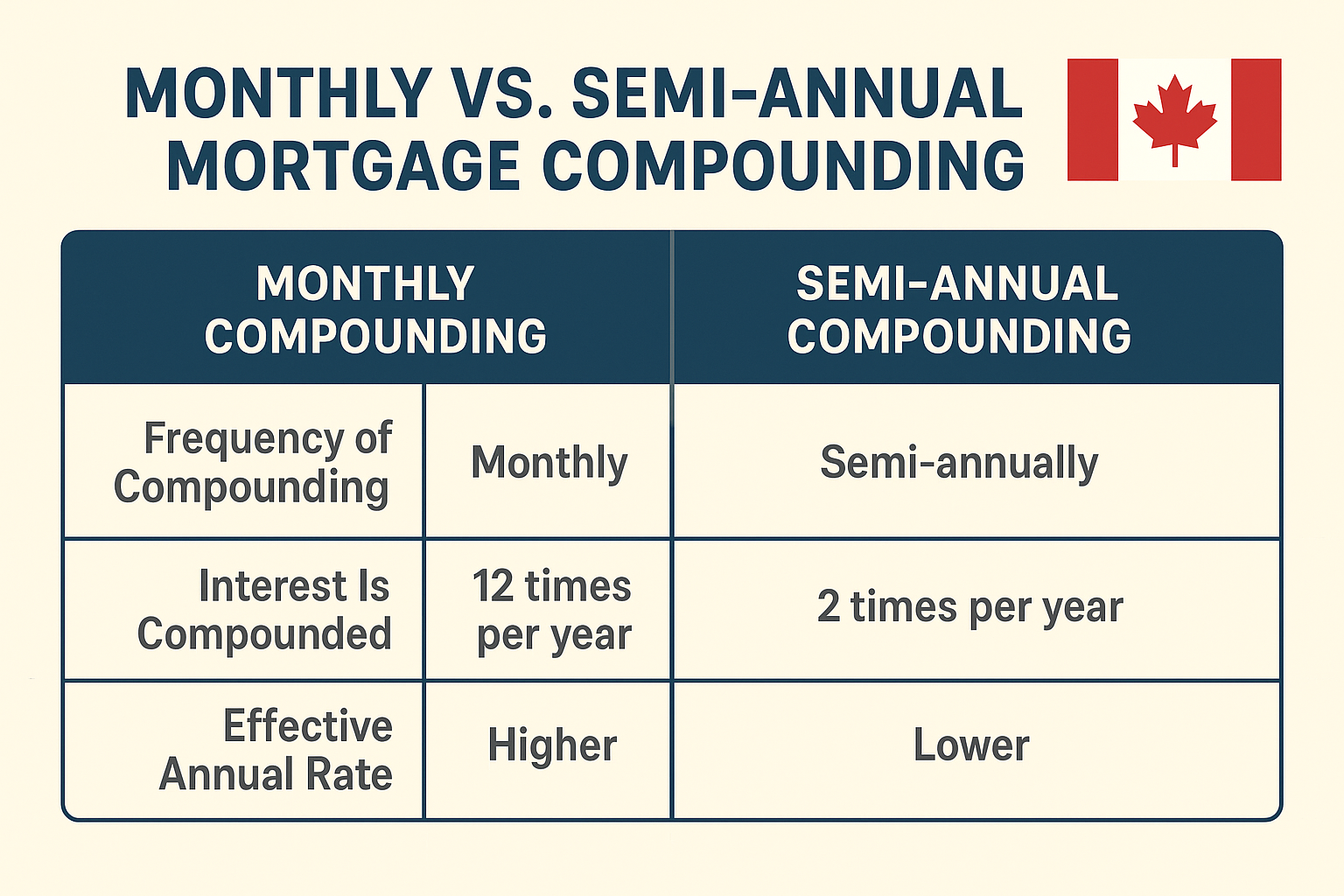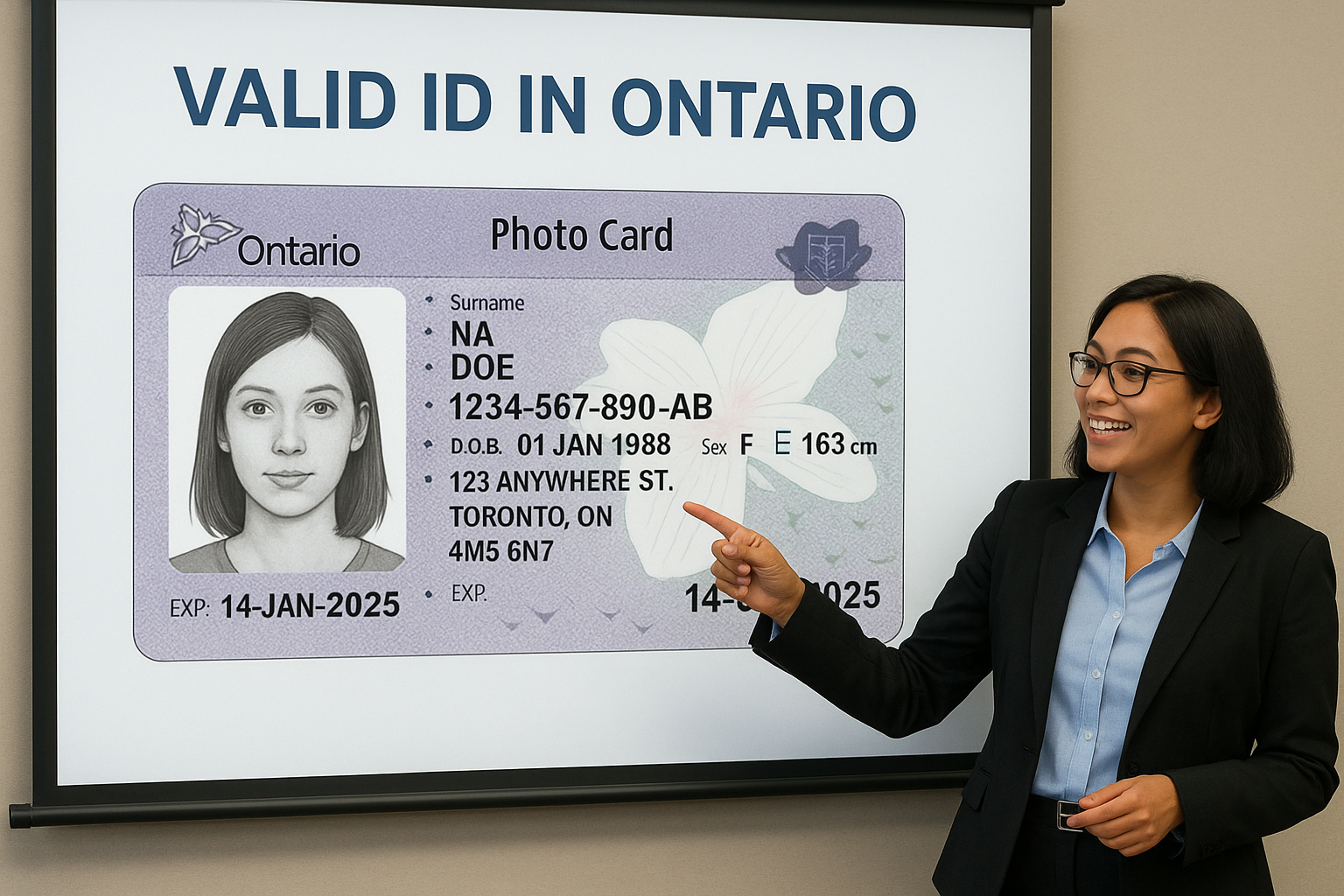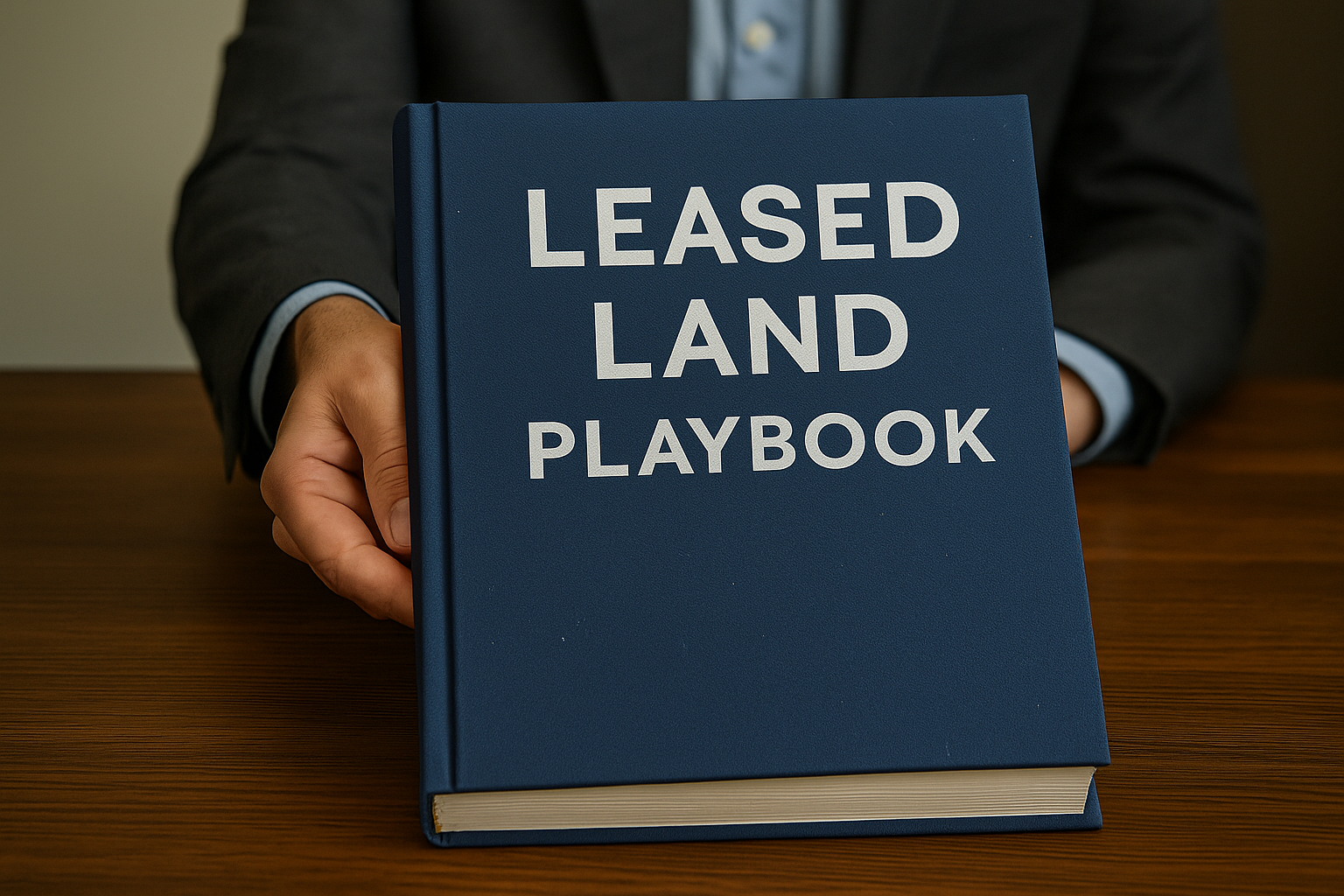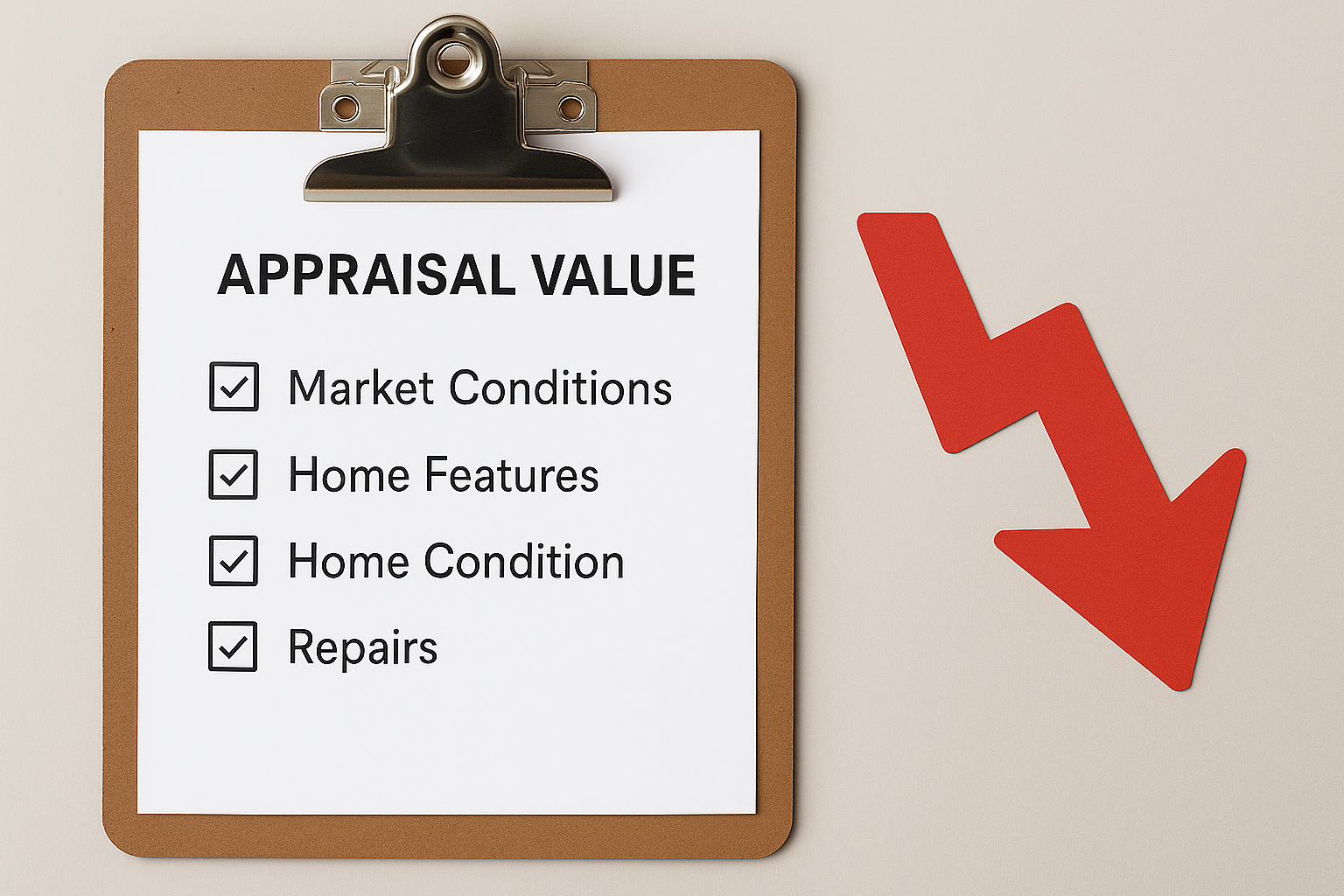Mortgage Essentials: Your Guide to 3 Powerful Solutions in Canada
Owning a home is a dream for many Canadians, and finding the right mortgage is a key step in making that dream a reality. Whether you’re buying your first home, upgrading to a new one, or exploring refinancing options, understanding the different types of mortgages available can help you make confident decisions. In Canada, residential mortgages are generally offered by three types of lenders: A lenders, B lenders, and private mortgage investment companies. Let’s explore how each type of lender works and how they can support your homeownership journey.
“A” Lenders
“A” lenders are traditional financial institutions, including banks, credit unions, and large mortgage finance companies. They are a great fit for borrowers with strong credit profiles and stable incomes, offering the most competitive interest rates and a variety of mortgage products.
Why a mortgage with an “A” Lender?
- Competitive Interest Rates: “A” lenders offer some of the lowest rates available, often tied to the prime rate.
- Wide Range of Products: You can choose from fixed-rate, variable-rate, open, closed, and hybrid mortgages.
- Flexible Terms and Amortizations: Options include mortgage terms up to 10 years and amortization periods up to 30 years.
- Government-Insured Loans: They provide insured mortgages for buyers with smaller down payments (less than 20%).
Qualifying for a mortgage with an “A” Lenders
To qualify with an “A” lender, borrowers typically need:
- A Strong Credit Score: Usually 680 or higher.
- Affordable Debt Levels: Your Gross Debt Service (GDS) ratio should not exceed 35%, and your Total Debt Service (TDS) ratio should stay below 42%.
- Verified Income: Lenders require proof of steady income, such as recent pay stubs, T4s, or Notices of Assessment (NOAs).
- Minimum Down Payment: At least 5% for the first $500,000 of the purchase price and 10% for amounts over $500,000 for insured mortgages.
- Passing a Stress Test: You must qualify at the Bank of Canada’s benchmark rate or 2% above your contracted rate, whichever is higher.
Additional Considerations for A Lenders
Working with an “A” lender often comes with other advantages, such as the ability to bundle additional financial products like home insurance or personal banking services. Many “A” lenders also offer pre-approval services, giving you a clear understanding of your budget before you start house hunting. This can save time and provide peace of mind as you navigate the competitive housing market.
“B” Lenders
B lenders, also known as alternative lenders, cater to borrowers who may not meet the strict criteria of “A” lenders. These lenders are often smaller financial institutions or specialized mortgage companies. If you have a lower credit score or non-traditional income, B lenders might be the solution for you.
Why a mortgage with a “B” Lenders?
- Flexible Qualification: They are more lenient about credit scores, income stability, and debt levels.
- Short-Term Options: Mortgage terms are typically one to three years, making them ideal for transitional situations.
- Bridge Loans: Perfect for short-term financing needs.
Qualifying for B Lenders
To secure a mortgage with a B lender, you’ll typically need:
- A Moderate Credit Score: Often 550 or higher.
- Higher Debt Ratios: More flexible guidelines, sometimes allowing GDS and TDS ratios above 42% and 50%.
- Alternative Income Documentation: Ideal for self-employed individuals or those with non-traditional incomes. Bank statements or contracts may suffice.
- Larger Down Payment: A minimum of 20% is usually required since these mortgages are typically uninsured.
Situations Where B Lenders Shine
B lenders are particularly useful for borrowers who are self-employed, as they understand the challenges of fluctuating incomes. They can also assist individuals recovering from financial setbacks, such as a bankruptcy or consumer proposal. If you’re looking to purchase an unconventional property that may not meet A lender criteria, B lenders could be a viable alternative.
Private Mortgages and Mortgage Investment Companies (MICs)
Private lenders, including Mortgage Investment Companies (PMICs), specialize in helping borrowers who may not qualify with A or B lenders. These lenders are highly flexible and offer custom solutions, although at a higher cost.
Why Choose MICs?
- High Flexibility: They focus less on credit scores and more on the value of the property.
- Quick Approvals: Fast processing times, sometimes within days, making them ideal for urgent situations.
- Customized Solutions: Perfect for unique circumstances or unconventional properties.
Qualifying for MICs
Getting a private mortgage is often easier because:
- Credit Scores Are Not a Barrier: Even borrowers with poor or no credit can qualify.
- Income Verification Is Not Always Needed: These lenders often prioritize the property’s equity.
- High Down Payment or Equity Is Key: Typically, you need at least 25% equity in the property.
- Collateral Is Critical: The property’s value and location are the primary considerations.
When to Consider MICs
Private lenders are often seen as a last resort, but they play an important role in the market. They can be invaluable for investors seeking financing for renovation projects or for buyers needing a short-term solution to secure a property quickly. While the costs are higher, the speed and flexibility can outweigh the drawbacks for some borrowers.
Finding the Right Fit for You
Choosing the right type of mortgage depends on your financial situation and homeownership goals:
- “A” lenders are the best choice if you have strong credit and stable income.
- B lenders are a great option if you need more flexibility in qualifying due to credit or income challenges.
- Private lenders can provide a lifeline if traditional options aren’t available.
Remember, while A lenders typically offer the lowest rates, B lenders and private lenders provide valuable alternatives for borrowers with unique circumstances. It’s all about finding the solution that aligns with your needs and goals.
Working with a Mortgage Broker
If you’re unsure which category is right for you, a mortgage broker can help. Brokers can access a wide range of lenders and provide personalized advice based on your specific situation. They can also save you time by handling much of the paperwork and negotiation process, ensuring you get the best possible deal.
Conclusion
Understanding the different categories of residential mortgages in Canada can help you make informed decisions on your path to homeownership. Whether you’re working with an A lender, a B lender, or a private lender, each has its role in making homeownership more accessible. For tailored advice, consider consulting a mortgage broker who can guide you through the options and find the best fit for your unique situation. By understanding your options and working with the right professionals, you can feel confident in achieving your homeownership dreams.






